The effect of mutations on COVID-19 vaccines
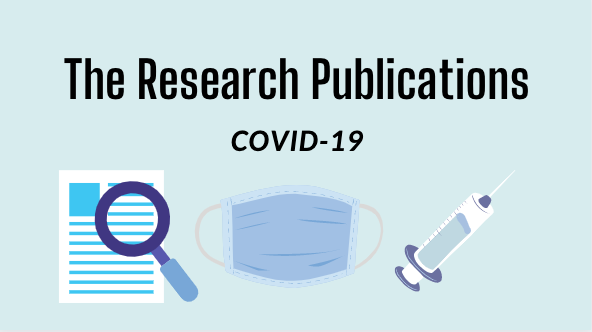
The first research essay written by Research Club member Bridget Coyle explains what mutations are and how they affect coronavirus vaccines.
(Editor’s Note: The PV Student Publication has partnered with The Research Club to publish a series of research essays related to topics of COVID-19. All research essays are written and fact-checked by members of the Research Club, and The PV Student Publication is rolling out these essays as a service to our community. The first essay discusses the effect of mutations on COVID-19 vaccines. This paper is written by senior Bridget Coyle, fact-checked by junior Ben Carter, and edited by senior Elise Schicker.)
SARS-CoV-2 is the RNA virus that causes COVID-19. As COVID-19 has spread to different countries, it has mutated, but mutations are normal viral behavior. Enzymes that copy RNA are more inclined to making errors than their DNA counterparts, which in turn generates more mutations. Initially, the SARS-CoV-2 sequence diversity was thought to be low, but throughout 2020, there have been over 148,000 variant sequences uploaded to the GISAID database (Global Initiative on Sharing All Influenza Data) by early October 2020 [1].
Every 2 weeks, SARS-CoV-2 acquires a new mutation in its genome. Viral mutations are generally caused by natural selection, cellular environment, random genetic drift, host immune responses, and gene editing [2]. In general, SARS-CoV-2 has a slow mutation rate, but researchers have tracked about 12,000 mutations in its genome [9]. Mutations are the source of genetic variation. Mutations of SARS-CoV-2 have raised concerns regarding increased infectivity of the virus and their effect on the ongoing development of vaccines.
Protein synthesis includes the processes of transcription, where an mRNA strand is formed from DNA, and translation, where the genetic code of the mRNA strand is read to produce the correct amino acids in the polypeptide chain. Mutations are changes in the sequence of nucleotides, which can alter the shape and function of the protein. Mutations can be thought of as typos, where some are insignificant, while others can completely change the meaning of the word [3]. Some mutations of the virus are silent mutations, meaning there was no change to the protein structure because the same amino acid was produced. On the other hand, other mutations of the virus have resulted in a change to the amino acid. Specifically, the point mutation D614G in the spike protein of SARS-CoV-2 has been found to cause the virus to spread more quickly [5]. According to an NCBI study, the D614G mutation is “almost always accompanied by three other mutations: 241T is located in the 5′UTR region, there is a silent mutation, C3037T, and C14408T results in the P323L amino acid change in the RNA-dependent RNA polymerase (RdRp)” [1]. Furthermore, research has found D614G to generate increased infectivity and viral loads in patients and animals, but these studies have not associated this mutation with worse disease outcomes [1]. A viral load is significant because it is the amount of virus that is in a patient’s body. Some studies have found that viral loads have an impact on disease severity. However, another study demonstrated that higher levels of viral RNA in patients did not lead to a difference in hospitalization outcomes [4].
A separate study, published in the Journal of Virology, spoke of a patient who carried a version of the virus that contained a deletion mutation in 81 out of 30,000 nucleotides [3]. Researchers were unclear on whether this was an isolated, “off-event” or if this specific variant was transmitting quickly to become more frequent in the population of people who get Covid-19. This led to the hypothesis that deletion mutations could potentially reduce the ‘fitness’ of the virus, which is currently being researched by scientists because it may provide evidence that Covid-19 is mutating to become less harmful [3].
According to the CDC, the newest variants of SARS-CoV-2 emerged in the United Kingdom, South Africa, and Nigeria. The variants in the UK and South Africa have been found to spread faster and more easily, but no evidence has shown that either variant produces a more severe illness or a higher mortality rate in patients [6]. The variant in Nigeria is currently being monitored, but no evidence indicates that it is a more severe strain or spreads at a faster rate [6].
The spike protein of the coronavirus is large, containing 1,290 amino acids [10]. This allows for antibodies to be assigned to different areas of the spike. The Pfizer/ BioNTech and Moderna vaccines work in a similar manner to set off a “polyspecific” immune response to respond to the virus. In this manner, the vaccines remain effective despite the presence of a mutation. For example, the UK variant includes 9 mutations, but it remained 99% identical to the version that each vaccine has the ability to neutralize, meaning that the mutations did not have a significant impact [10]. Uğur Şahin, founder and CEO of BioNTech, stated that their vaccine retained its efficacy against 20 variants of the virus. Moderna’s vaccine also believed it would be preventative against variants similar to the one found in the UK.
Viruses evolve through mutations, and researchers believe that mutations will eventually cause current vaccines to be less effective. A biologist at Scripps Research in Jupiter, Florida, believes that the vaccines will need to be updated, similar to how flu vaccines are updated each year [10]. Fortunately, the technology behind the Pfizer/ BioNTech and Moderna vaccines would allow the new variant RNA to be simply substituted into the vaccine, which would allow the production to be simple and quick.












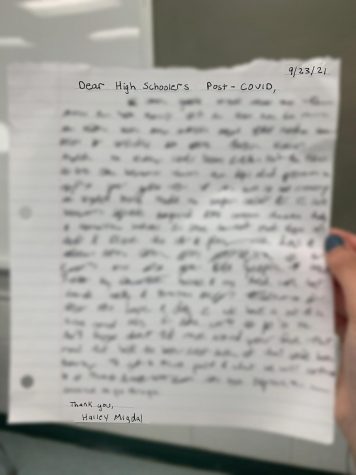
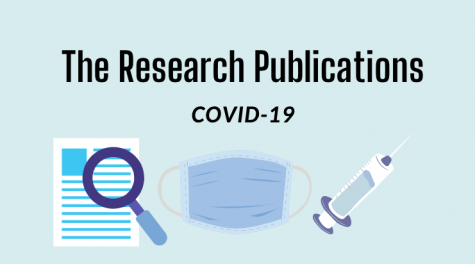
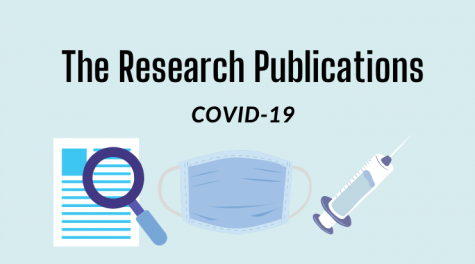
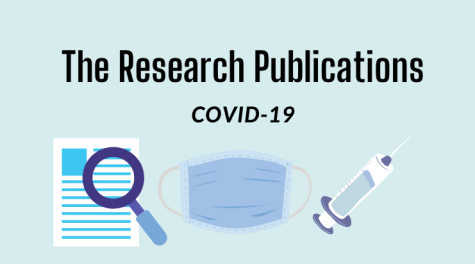
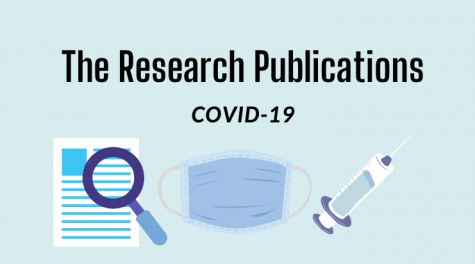
John Snyder • Mar 9, 2021 at 4:02 pm
Illuminating and useful! Thanks for breaking this out. I was wondering about the efficacy of vaccine given the lively nature of SARS-CoV-2.